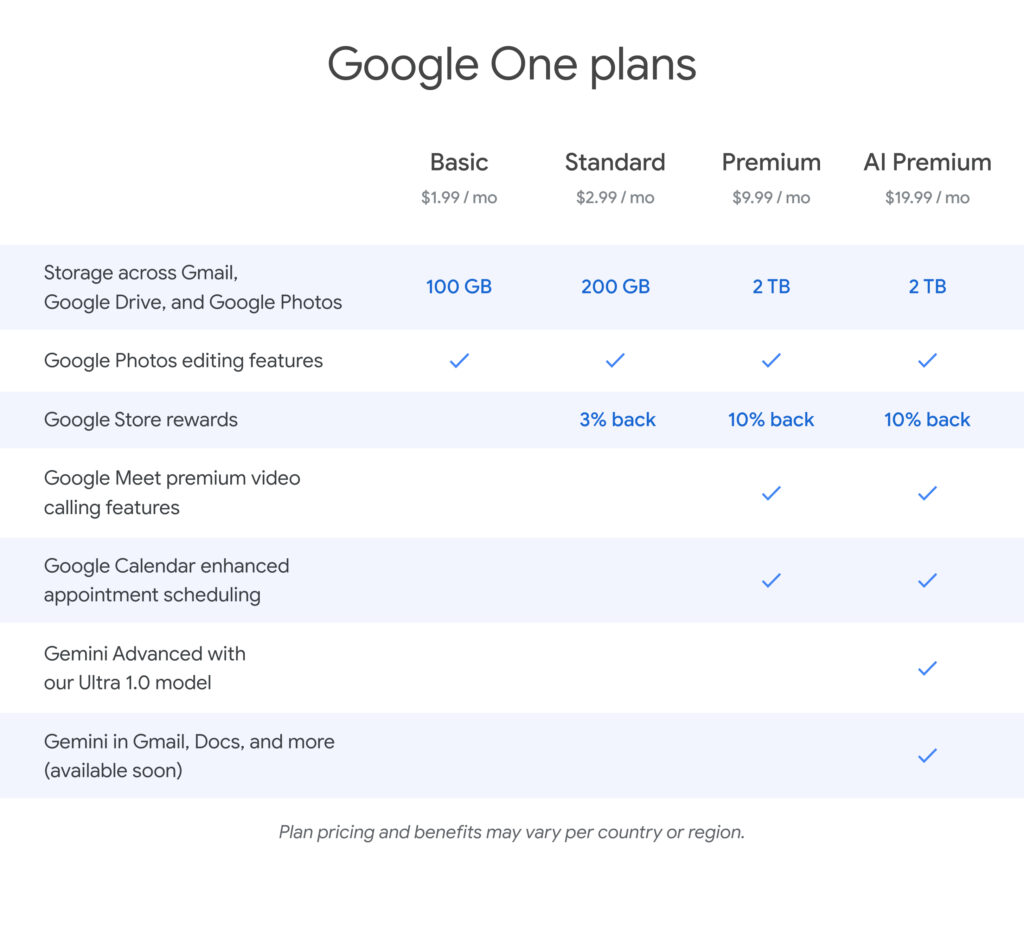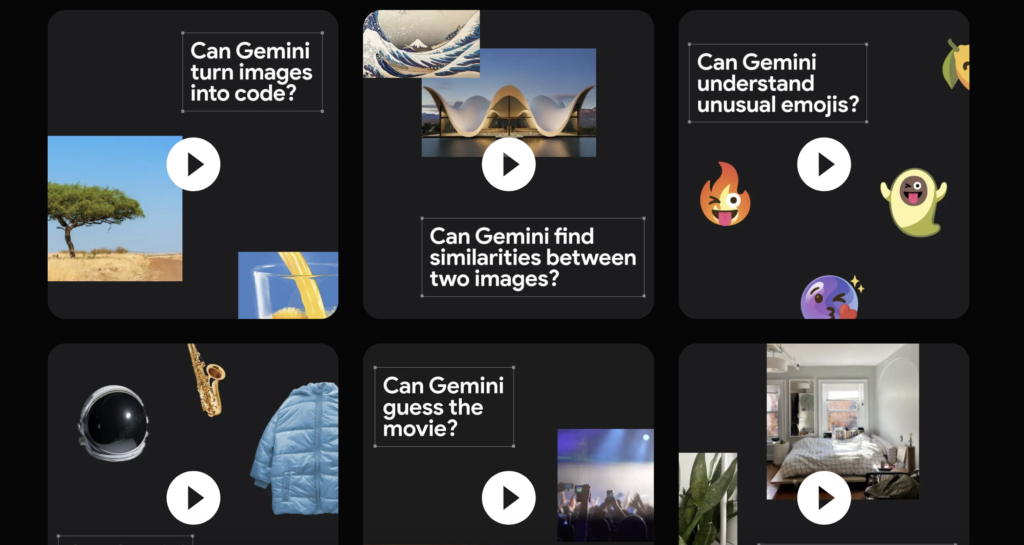Forget the era of free Internet because paid services will characterise the revolution that is coming with artificial intelligence. Google has confirmed this with Gemini Advanced, the most advanced version of the AI developed in Mountain View, available only via subscription. A choice that corresponds to what OpenAI has done with ChatGpt Plus, which, as its name indicates, offers a broader, more complete and effective experience for a monthly fee. The era of paid AI, for the time being, does not entirely erase the possibility of using software without shelling out money. Still, it does restrict this opportunity to a basic level, far removed from the subscription-based options.
AI costs so much
Mind you, it is no surprise to have to pay to use certain services. After years of a high in which everything or almost everything was enjoyed for free – a concept that continues to this day with certain social media, which prefer personal data to money, with which they secure billions of dollars through tailored ads – we have learnt our lesson with Spotify, Netflix and the audio-video streaming industry in general. You pay to listen to or watch entire catalogues of content: you know what you’re paying for, and you have no limits to your enjoyment. Everybody is happy, or so it seems.
The rapid popularity of ChatGpt, which has emerged as the bible of generative artificial intelligence thanks in part to the 10 billion dollars staked by Microsoft on OpenAI, initially deluded people about the possibility of enjoying the AI wave without having to put their hands in their pockets, which is impossible with a technology that is very expensive to run, even for Google, which posted revenues of $86.31 billion in the last quarter of the year. The soaring prices of more powerful chips, such as Nvidia’s GPUs, which are needed for generative AI projects, convinced Big G to outline a new business model, hinging on users subscribing to Google One services.
Google Gemini
With the rebranding of Bard to Gemini, the arrival of apps for iOS and Android, and the updating of Google’s chatbot with Gemini Ultra, the basis on which Gemini Advanced was launched, the company founded by Larry Page and Sergey Brin marked a significant stage in the duel that pits it against OpenAI and ChatGpt. For Sundar Pichai, Google’s CEO, it is a ‘more proficient level of reasoning, programming and creative collaboration‘. A targeted tool, the company claims, for programmers who need to develop an application, for digital creators who need to produce new content, and for entrepreneurs looking for ideas by watching emerging trends.


Google One, big G’s new source of revenue
To use Gemini Advanced, you will need to subscribe to Google One’s AI Premium plan, the most expensive of the lot with a monthly fee of $20, after the first two-month free trial. A price in line with the ChatGpt Plus subscription. ‘We want to build a long-term sustainable business,’ explained Shimrit Ben-Yair, vice president and general manager of Google One. On the other hand, Pichai told Wired that the cost was decided by looking at a 25-year time frame because the goal was to offer acceptable rates to have the cash to fund new advances.
Google attempts to replace with subscriptions the revenues secured over the past decades by adv. The latter is a strategy increasingly targeted by regulators, who want to combat Big G’s dominant position, as shown by the gradual and steady reduction in revenue derived from tailored advertising (last year, it was 77%). Moreover, replicating the ad system with chatbots seems risky as it is far less effective than in the past. On the other hand, there is the example of Apple, which in recent years has turbocharged the business structured around services, launching a 12 TB iCloud storage plan at the price of $60 per month. Although with reduced costs, OpenAI is another successful example of a subscription-based service, as is Microsoft’s GitHub Copilot.
“If a service is good enough to convince people to pay, then we can offer more interesting services that they are willing to pay for,” said Ben-Yair. These words sum up Google’s present and future strategy, which is attracted by the possibility of creating different formulas from the combination of its many different services for which we are willing to shell out money.



